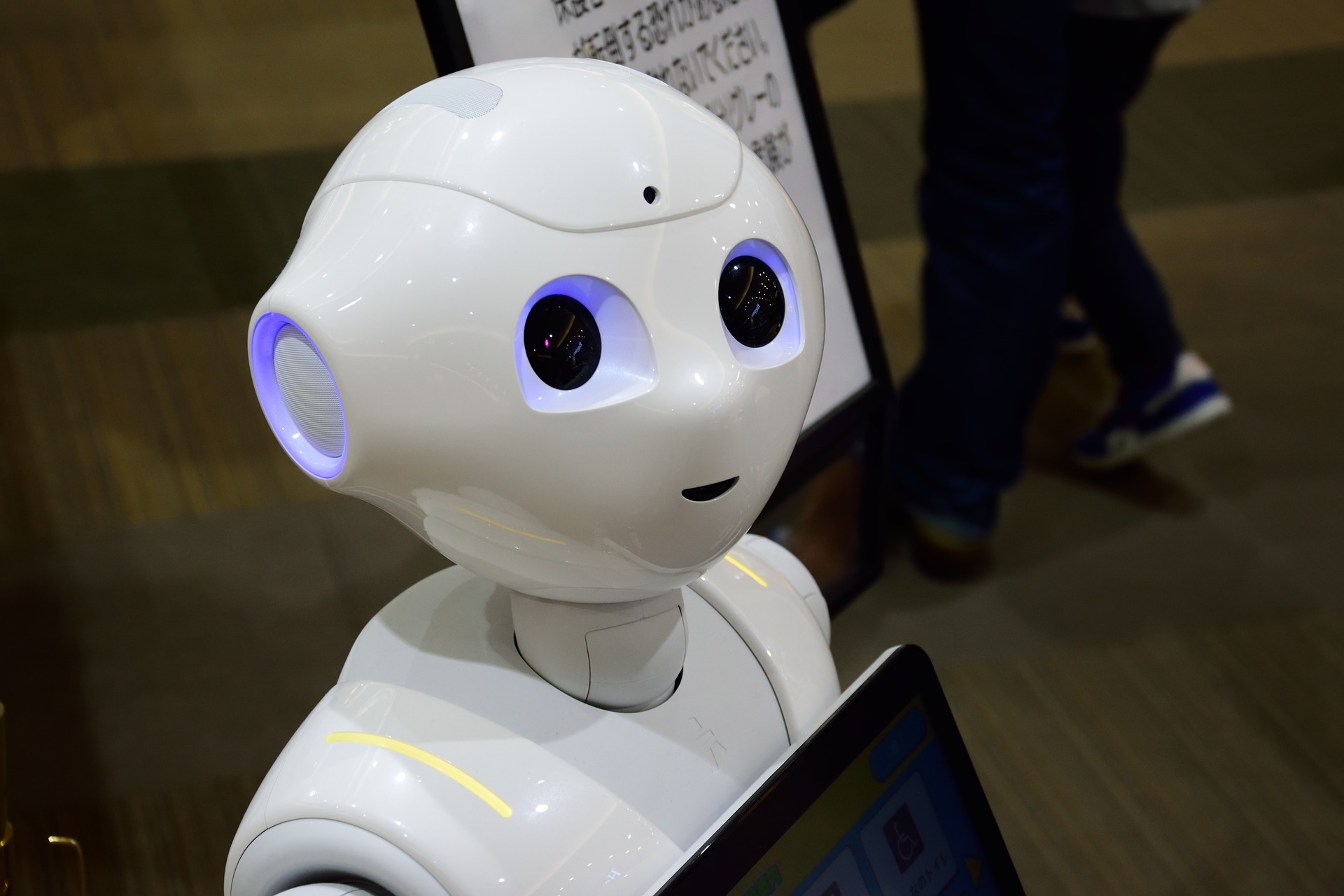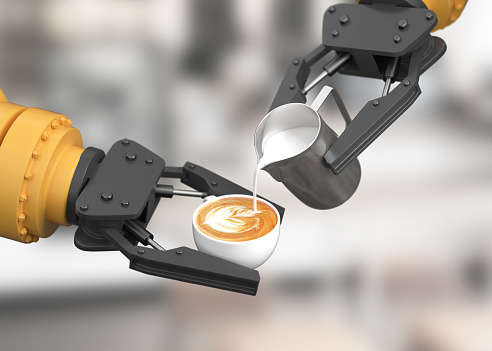
Servi – A New Revolution in Food Industry
Servi, the automated food robot was introduced in September 2020 as an alternative in the food industry. This foodservice robot was collaboratively developed by SoftBank Robotics Group and Bear Robotics, a company involved in AI and robotics.
Bear Robotics is backed by Softbank and operates from Redwood City, California. The company has a track record of building and operating robots in corporate offices, senior care facilities, casinos, and restaurants in Asia, Europe, and the US.
Softbank Robotics Group is a market leader in robotics solutions with a presence in Paris, London, San Francisco, Boston, Shanghai, Tokyo, Hong Kong, Seoul, Sydney, Shenzhen, and Beijing. The company has a keen eye to spot pioneering robotics solutions that can be developed and commercially deployed.

Softbank Robotics Group has considerable experience in the development and commercialization of commercial service robots. It is involved in producing the latest technology in Japan. They are the leading robotics solution provider and manufacturer with several strategic tie-ups.
Pepper is a humanoid robot introduced by SoftBank. It was created by Boston Dynamics, an AI company owned by SoftBank Robotics Group. Pepper has been put to good use during COVID times as a Robocop reminding people to wear masks.
Features of Servi:
The prototype of Servi was unveiled in January to Masayoshi Son, the Chief Executive of SoftBank Robotics Group. The Japanese market will see commercial versions of Servi in January 2021. Japanese restaurant operators at Denny’s chain have tried out the food service robot.
With the country grappling labor shortage, this move couldn’t have come at a better time. Besides, with social distancing being the norm, a food service robot is welcome. Japan is experiencing a shrinking workforce due to an aging population, low birthrate, and other issues.
Servi can function as a waiter to carry trays of food and drinks. The 3D cameras and Lidar sensors help the robot to move about the kitchen and between tables. Servi functions like a food service worker and can be used to patrol and bus – automating manual work. Servi can hold 2 serving trays and has a bin that can be used for bussing dishes.
Other features of Servi are:
- Mobile serving station
- On-board touchscreen
- Can be operated by tablet remotely
- 8-12 hours of work
When taken on a three-year lease plan, the robot will cost around 99,800 yen a month plus tax. This works out to around $950 per month. During the pandemic, using a food service robot can help considerably to minimize human contact. Servi can be of considerable help in areas where labor is not easily available. There is likely to be considerable demand for this food service robot from various sectors of the hospitality industry.



